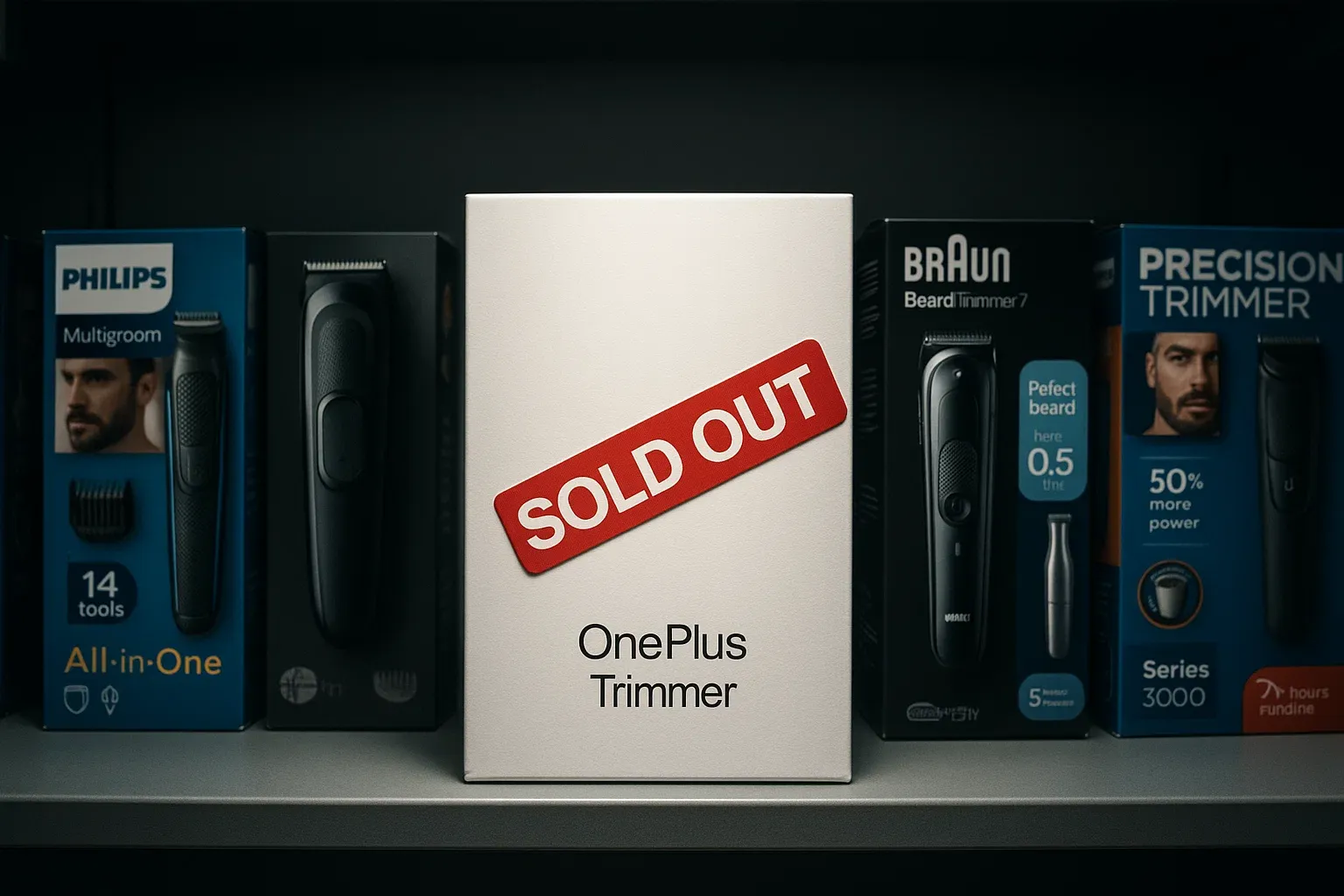When Just a Name Can Sell: The OnePlus Trimmer Story

In early 2025, online shoppers in India came across something unusual: a “OnePlus Trimmer.”
But here’s the twist — OnePlus never launched a trimmer. There was no signature red-and-white packaging, no sleek industrial design, not even the OnePlus logo. The sellers simply used the name.
And yet, people believed it.
Why Did Consumers Buy It?
This wasn’t about features or specs. It wasn’t even about how the trimmer looked. It was purely about the trust carried by the name OnePlus.
- Halo effect: Known for smartphones and wearables, OnePlus already had a reputation for sleek, reliable design. Consumers carried that expectation over.
- Aspirational pull: A trimmer with “OnePlus” in the name sounded like a lifestyle upgrade.
- Shortcut thinking: In a crowded grooming market, people saw a name they recognized and skipped the research phase.
The takeaway? The name alone carried enough weight to make a completely unrelated product believable.
When a Name Becomes a Brand Asset
We’ve seen this before:
- Supreme sold bricks with nothing but its name on them—and they sold out.
- Dyson could slap its name on a lamp and people would assume it’s engineered to perfection.
- Apple could launch a pen tomorrow, and customers would queue up outside stores.
This is what happens when a brand stops being tied to a product and becomes a symbol of trust and aspiration.
Lessons for Modern Brands
- Brand Equity Outlives Categories
Strong brands can transcend their core markets. If consumers trust your name, you can expand into adjacent (or even unrelated) categories. - Protect the Name
Trademarking isn’t just about logos or designs. Guard your brand name across verticals before someone else rides on it. - Trust Is the Moat
The reason people bought the OnePlus trimmer wasn’t because of discounts or marketing—it was because they already trusted the OnePlus name.
The Takeaway
The “OnePlus Trimmer” was never real. But it didn’t need to be.
It proved something more powerful: when a brand is strong enough, even its name can sell.
The real question for founders today:
👉 If your brand name appeared on a product outside your category, would people still believe in it?
That’s the ultimate test of brand strength.
